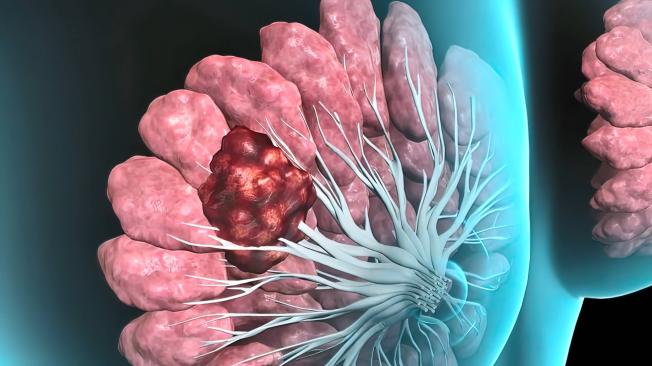(It may be of interest to you: Earthquake in Colombia: balance of health and hospital infrastructure in the country).
These findings could contribute to future genetic tests that make it possible to recognize women at higher risk of suffering from this disease.
Published in scientific journal Nature Geneticsthis research revealed evidence for at least four new genes associated with breast cancer risk, in addition to suggesting the existence of several others.
(Read here: Exercises to reduce the risk of cancer and cardiovascular disease).
The discovery of these new genes also provides essential information about the biological mechanisms underlying cancer development, which could pave the way for the discovery of new therapeutic approaches.
The main objective is to integrate this information into a global risk prediction tool currently used by health professionals around the world.
Jacques Simardfrom Laval University, stresses that “improving genetic counseling for high-risk women will promote shared decision-making regarding risk reduction strategies, screening, and determination of treatment options.”
Although many of the variants identified in these new genes are rare, the risks can be significant for female carriers. For example, alterations in one of the new genes, MAP3K1, appear to be associated with a particularly elevated risk of breast cancer.
(We recommend: YouTube will remove videos about false cancer cures and treatments.)
The strength of the study lies in the data used. Genetic changes in all genes of 26,000 women were analyzed with breast cancer and 217,000 women without the disease, from eight countries in Europe and Asia.

Breast cancer is a type of cancer that forms in the cells of the breasts.
Before this information can be applied in clinical settings, scientists must validate the results with other data sets. Therefore, the research team is carrying out an extensive international effort for this purpose.
(Also: Why do you feel dizzy after a tremor?).
Professor Easton concludes: “We need additional data to more precisely determine the cancer risks associated with variants of these genes, study the characteristics of the tumors and understand how these genetic effects combine with other lifestyle factors that affect breast cancer risks.



